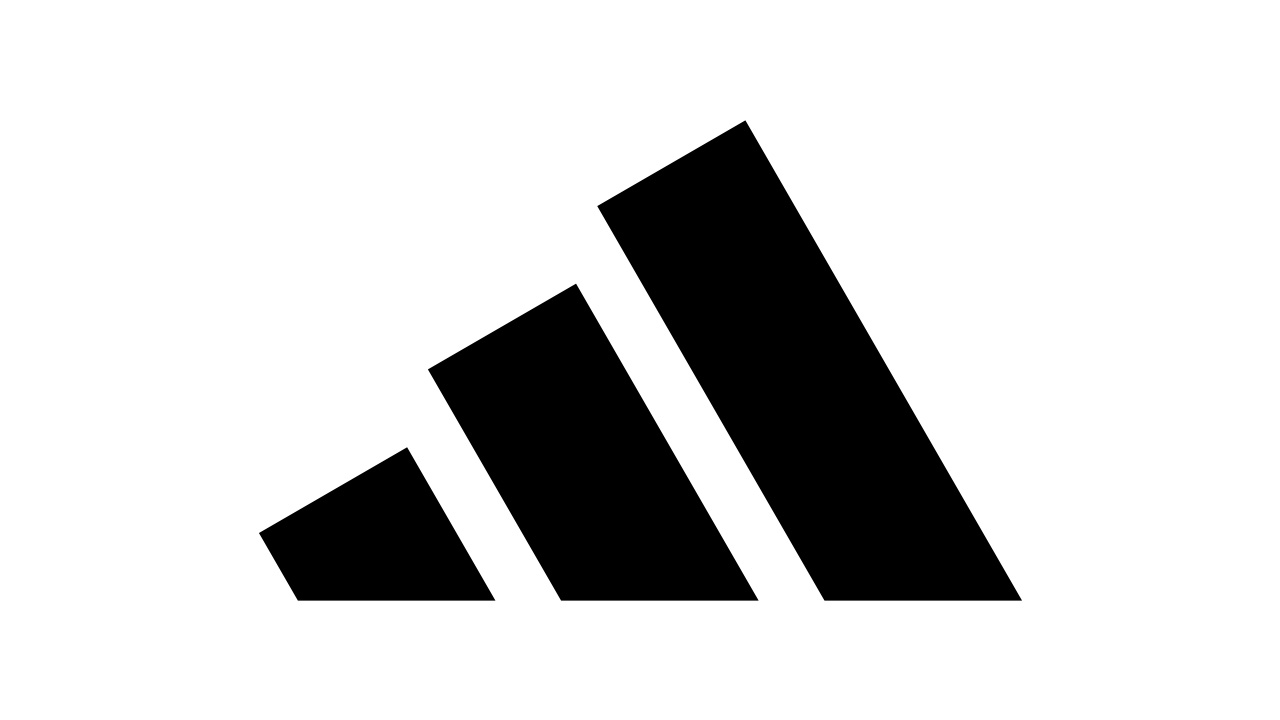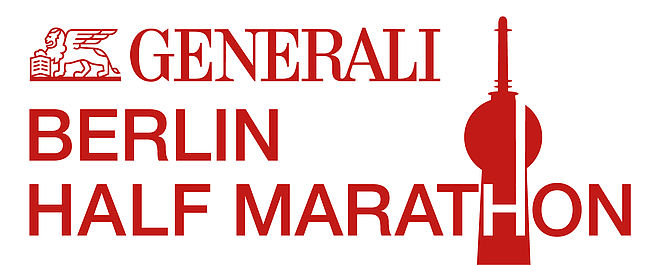<p">German Athletics has a female counterpart of Jan Fitschen: Four days
after the totally unexpected 10,000 m triumph Ulrike Maisch won today
surprisingly and in a spectacular way the gold medal in the marathon at the
European Championships in Gothenburg. Ulrike Maisch clocked 2:30:01 hours, a new personal best. She was well ahead of
Olivera Jevtic (Serbia/2:30:27) and the Russian Irina Permitina (2:30:53).
<p"></p"></p">
The 29 year-old runner accomplished a novelty in Germany’s athletics history.
Never before a female German marathon runner won a gold medal at international
championships – neither at European Championships nor Olympic Games or World
Championships had this happened before. The only German runner who was able to
win marathon gold was Waldemar Cierpinski. 1976 and 1980 he was Olympic
Champion in the dress of the German Democratic Republic.
<p"></p">
„My goal was to be among the top eight. I have never thought about
winning a medal. That was totally utopian. I still can’t believe it,“ said
Ulrike Maisch after her victory. She came to Gothenburg with a personal best of
2:31:21 hours. She was ranked number 17 in
the start list. Her biggest success besides her victory at the international
inconsiderably Bonn Marathon in 2002 was the eighth place at the European
Championships in Munich four years ago.
<p"></p">
„I knew that the European Championships would be the only chance for a
good result. The Asians and Africans are unbeatable at World Championships or
Olympic Games. It was the chance and I took it,“ said Ulrike Maisch. Additionally
the marathon in Gothenburg didn’t have a strong field. From the European top
ten marathoners only three were competing at the European Championships. The
others prefer running at the lucrative fall marathons like Berlin, Chicago or New York. The British marathon
world record holder Paula Radcliffe is not running any marathon this year because
she is pregnant. But that doesn’t detract the achievement from Ulrike Maisch, after
all she beat competitors who were thought to be stronger.
<p"></p">
The allocation and the race development accommodated Ulrike Maisch and made
the „wonder of Gothenburg“ happen. „This race was made for me,“ said the runner
who had been preparing in Switzerland in high altitude. „The
pace in the beginning of the race was slow and the course was hilly – both were
good for me.” Favourites like the Italian Bruna Genovese, who finished fifth,
and latter silver medallist Olivera Jevtic led in windy weather conditions most
of the time and therefore got tired in the end. In contrast Ulrike Maisch ran
in the middle of the big leading group and saved energy.
<p">After 1:16:44 hours the leading group
passed the half marathon. At this stage two other Germans, Claudia Dreher (11th
in 2:33:53) and the silver medallist from Munich
2002, Luminita Zaituc, were running in the group as well. While Zaituc had to
pull out because of stomach problems, Susanne Hahn finished fourteenth in 2:36:17 and contributed to the bronze medal for the team.
<p"></p"></p">
As both Russians Alevtina Biktimirova, winner of the Frankfurt marathon, and Irina
Permitina increased the pace together with Olivera Jevtic shortly after 25 k,
Ulrike Maisch was not following. „I knew that the pace would be too fast for
me. Instead I was running consistently my own race”. At 35 k Ulrike Maisch was
fourth, 41 seconds behind the leading trio. But the leaders miscalculated. One
after the other ran into problems and the advantage was melting.
„When I was
third I thought that I have a medal now, because I knew that nobody would be
able to overtake me. Then I suddenly saw the leader and thought that I would
have a chance.” Shortly after 40 k Ulrike Maisch overtook Irina Permitina as
well and won gold.
<p"></p">
The former track runner Ulrike Maisch came to the marathon six years
ago. Without proper marathon preparations she ran in her first marathon in Berlin. She finished 18 in a
time of 2:30:34. „My coach told me
afterwards that despite the lack of training I was running so good that I
should continue to run the marathon,” said Ulrike Maisch, who studies Spanish, French
and educational science. For her preparations for the European Championships
she took a term off from university. This investment paid off.


